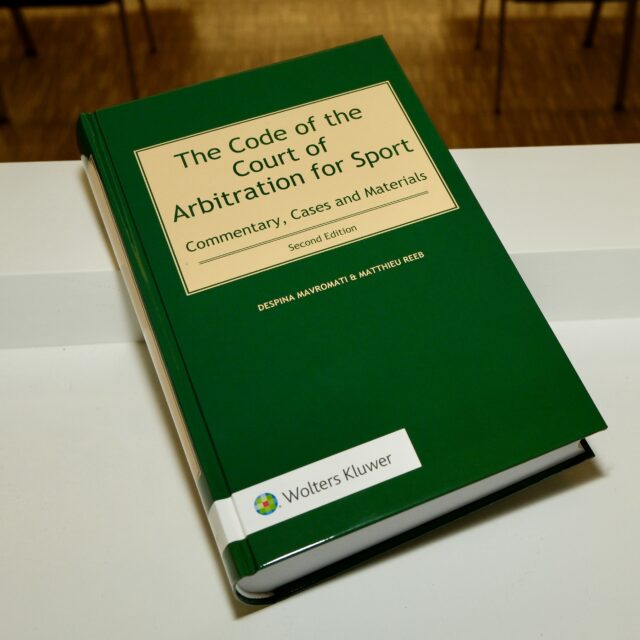4A_600/2020, Judgment of January 27, 2021, Appeal against the CAS Award 2019/A/6380 of October 16, 2020
This is an interesting judgment raising an issue of principle in sports arbitration, and more specifically the forced character of arbitration in sports-related disputes. The dispute involved two football clubs, A and C (both UEFA members), and their right to use the name and colors of a historical football club (the Club) that was dissolved. After several civil and criminal proceedings related to the use of the name, trademarks and identity of the Club, Club C filed a request before the Executive Committee of the national federation in order to be allowed to participate in the competitions under a specific trademark. Club A opposed to such request. The Executive Committee granted the request to Club C, without prejudice to a potential subsequent court decision that would cancel the registration of such trademark. In the subsequent appeal to the CAS, the Appellant primarily argued that only the state courts had jurisdiction and subsidiarily requested the annulment of the appealed decision.
After summarizing both the Mutu and the Pechstein decisions, the Federal Supreme Court concluded that forced arbitration is not prohibited but the arbitral tribunal must offer the guarantees provided for in Art. 6 para. 1 ECHR. As such, the CAS was found by the same judgment to be a tribunal established by law that is independent and impartial. In any event, the Supreme Court seriously questioned the “forced” character of the arbitration in the case at hand, which was not between an athlete and a sports federation, but between two football clubs, and decided to leave this question open. Therefore, it rejected the jurisdictional objection raised by the Appellant that the arbitration clause by reference was not freely accepted in this case, and for this reason the CAS should have declined jurisdiction.
This is an interesting judgment drawing a line between “forced” arbitration in disciplinary cases and “voluntary” arbitration in contractual cases brought before the CAS
With respect to the violation of its right to be heard, the Appellant claimed that it had produced video recordings to the Panel but the latter decided to show only certain parts, thus violating its right to be heard. The Supreme Court dismissed this argument by simply adhering to the wording of the award (as fact-binding the Court), showing that it was the Appellant who refused to show the recordings in question.
In the final plea of violation of public policy, the Federal Supreme Court again rejected some arguments as inadmissible to the extent that they departed from the text of the award, thus binding the Court (at 7.2). With respect to the alleged violation of the “principles of legality and the rule of law”, the Supreme Court held that these are not “undoubtedly part” of public policy but left the question open to the extent that the Appellant failed to substantiate its pleas. In any event, the Supreme court concluded that there was no violation of substantive public policy only because the Appellant could win a case in another procedure before the judicial authorities.
Overall this is an interesting – though expected – judgment that drew a line between “forced” arbitration (in disciplinary cases) and “voluntary” arbitration (in contractual cases) brought before the CAS.







